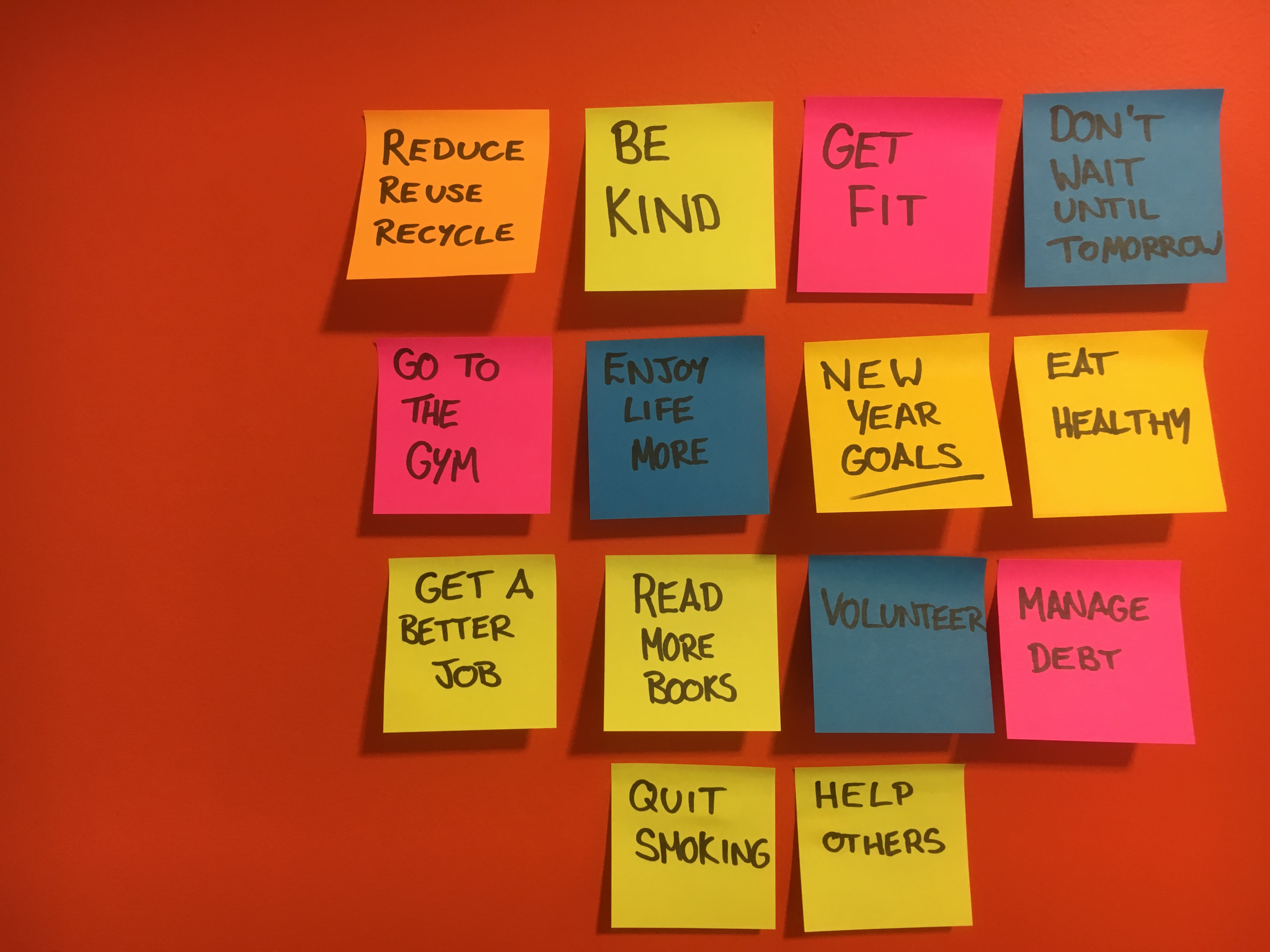By Alison Doughty, Managing Director of 90TEN Medical
Many of us start January determined to take better care of our health. Whether we plan to exercise more, go vegan or lose weight, we begin the year all fired up about our decision to make a positive change. But our resolve can weaken as January wears on. Even if we know we will feel better for going to the gym instead of watching Netflix, or choosing lentil soup over a bacon roll, we can find ourselves making the ‘wrong’ decision. Why is this? Three cognitive biases that influence the way we think about the future play a vital role here.
Our cognitive biases – the mental shortcuts we all use to make decisions – have an invisible influence on our daily lives. This is as true when it comes to health as anything else. Why don’t patients always take their medicine, even when they know it is important for their long-term health? Why do people struggle to stick to a diet even when their cardiovascular health depends on it? Being bias aware can help us to understand ourselves and potentially stick to our resolutions.
It won’t happen to me
We tend to believe we are more likely than other people to achieve success and less likely to experience negative events. This ‘optimism bias’ may mean we view health problems – from cancer to heart attacks and diabetes – as being more likely to affect other people than ourselves. Why work hard to maintain a healthy weight if you think it won’t be you who end up suffering from one of these conditions?
I know what I want
We make predictions about the future based on our current thoughts and feelings, overlooking the possibility that these may change in the future. This ‘projection bias’ can see us making decisions that suit our current selves but not our future selves. This is why your resolution to do Veganuary might go out of the window if you arrive home exhausted and famished after a long day at work and a chilly commute to find your family tucking into a delicious hot, cheesy pizza. Your cold, hungry, tired current self thinks eating the pizza is a good decision, even though your future (warm, sated, rested) self will not agree.
I want it now
Hyperbolic discounting bias describes how we prioritise smaller, immediate rewards over larger ones we have to wait for. Research shows that if people are offered the choice of receiving a smaller amount of money now or a larger amount in a year’s time, most choose the smaller amount. But if people are offered a smaller amount in five years or a larger amount in six years, most choose the larger amount – people make ‘better’ decisions when the lure of immediacy is taken away. When it comes to health and healthcare there are few immediate rewards, and this may help to explain why our health is so often nudged down our list of priorities.
Getting to know your biases
Being aware of these biases and the powerful but invisible role they play in our everyday decisions may help us to stick to our New Year’s resolutions and make better decisions. When it comes to healthcare communications and medical education, understanding these biases enables us to help others make healthier choices and support doctors to better manage their patients.
Right, I’m off to the gym now. I’m just going to watch one episode of Orange is the New Black, then I’m definitely going. Just one more…

